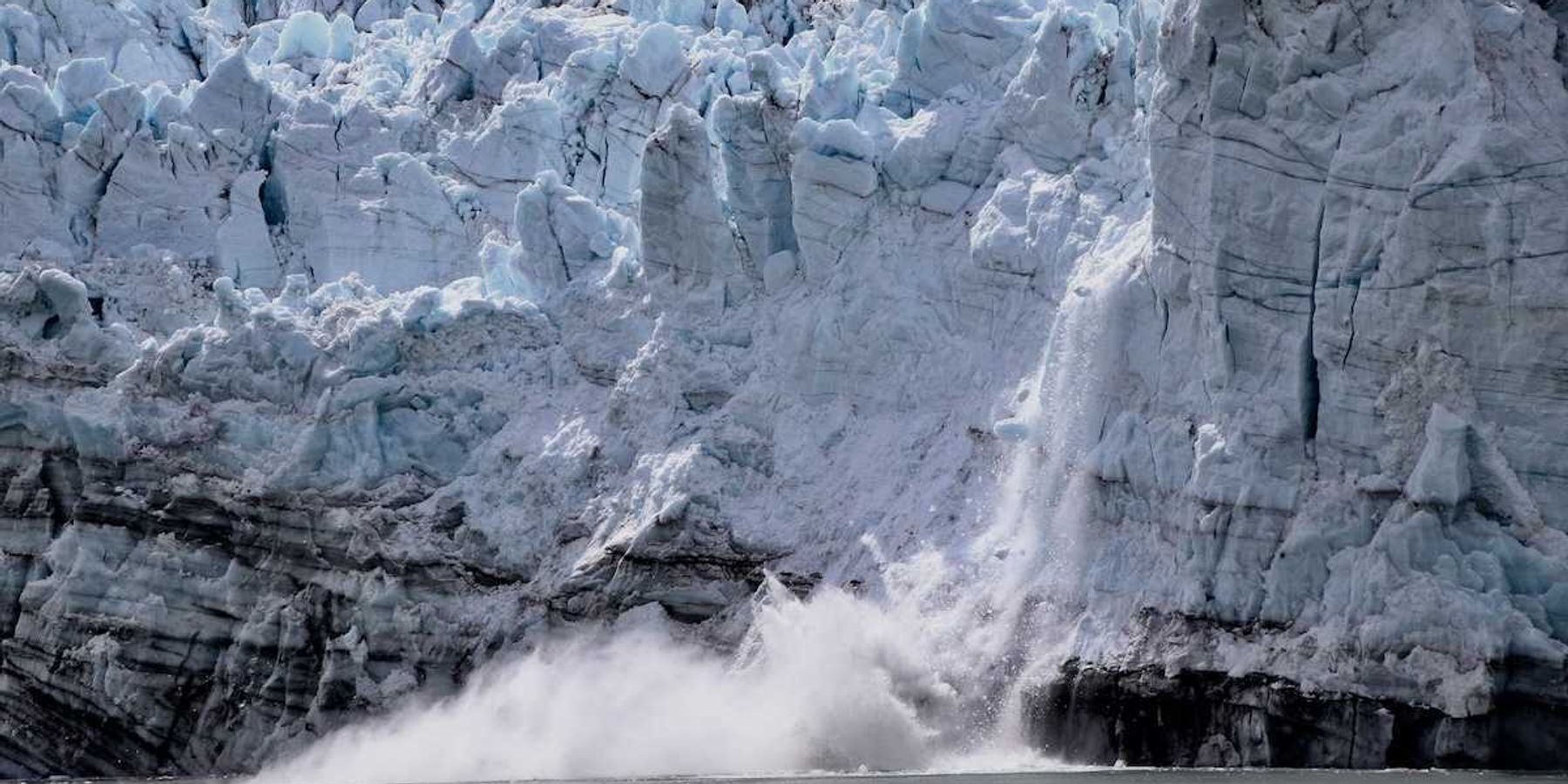ocean currents
Newsletter
Is a mega-ocean current about to shut down? 4 things to know
An enormous ocean current that warms some continents and cools others as it snakes around the world could collapse decades earlier than scientists predicted. It would be a dire outcome that disrupts weather patterns in nearly every place on Earth.
Newsletter
Climate change: Atlantic Ocean circulation is heading for a collapse around mid-century, scientists report
A vital system of ocean currents could collapse within a few decades if the world continues to pump out planet-heating pollution, scientists are warning – an event that would be catastrophic for global weather and “affect every person on the planet.”
Newsletter
The Atlantification of the Arctic Ocean is underway
The discovery of a tiny fish far from its normal range is a poignant reminder of the changes that are already happening.
Scientists are baffled why the oceans are warming so fast
Climate scientists can’t agree on what, exactly, has triggered such rapid warming and how alarmed they should be.
Newsletter
Antarctic alarm bells: Observations reveal deep ocean currents are slowing earlier than predicted
Scientists have detected a 30% slowdown of the deep ocean currents that form in Antarctica, with profound consequences for Earth’s climate, sea level and marine life.
Can iceberg surges in the Arctic trigger rapid warming at the other end of the world?
New research shows a fast-acting climate connection between poles that may be driven by wind rather than by ocean currents.
Newsletter
New research sparks concerns that ocean circulation will collapse
Scientists have long feared that warming could cause a breakdown of ocean circulation in the North Atlantic. But new research finds the real risk lies in Antarctica’s waters, where melting could disrupt currents in the next few decades, with profound impacts on global climate.
ORIGINAL REPORTING
MOST POPULAR
CLIMATE









